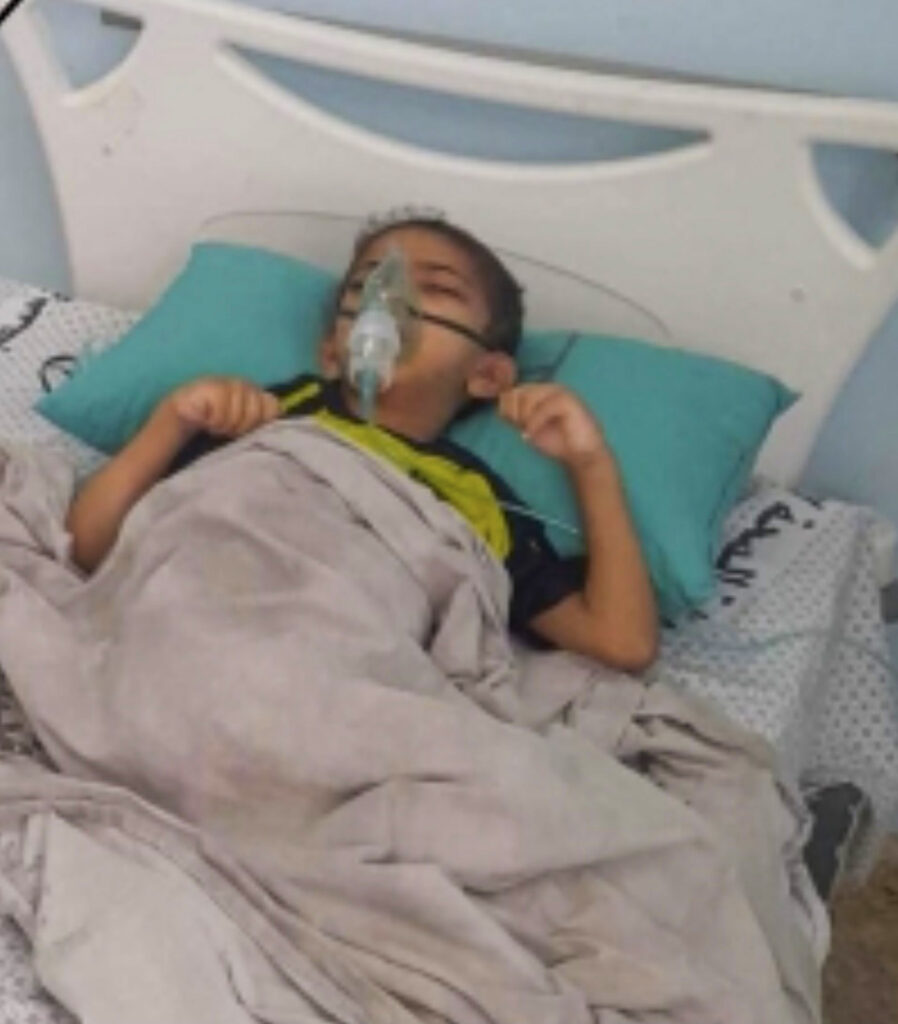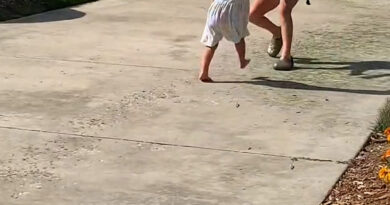DEATH BY PROXY: Palestinian Boy, 6, Dies After Israel Denied Him Access To Treatment Outside Gaza
A young Palestinian boy has died in the Gaza Strip after Israeli officials allegedly denied him access to specialised medical care in Jerusalem.
Farouq Mohammed Abu Naja was a six-year-old child who suffered from a neurodevelopmental disorder and died in the European Gaza Hospital in the Gaza Strip on Wednesday evening, 24th August.
This was after he was denied an exit permit that would allow him access to the special medical care in the Hadassah Medical Center in Jerusalem, according to a statement Newsflash obtained from the Al Mezan Center For Human Rights in the Gaza Strip in occupied Palestine on 27th August.

Farouq was denied entry into Jerusalem despite a special medical referral, a string of appointments booked at the hospital and two exit permit applications submitted to Israeli occupation authorities in January and August of this year, according to Farouq’s legal representative, Al Mezan.
This delay led to a deterioration in his health which eventually resulted in his death.
The exit permit requests were denied after officials in the region allegedly claimed that an investigation had been carried out that revealed that Farouq could not leave Gaza due to “security reasons”, according to local media reports.

This was despite the fact that Farouq’s father possesses a permit that allows him to leave Gaza to work in Israel every day.
After claiming that there was no justification for the incident, Farouq’s grandmother told local media that access to health care was Farouq’s inalienable right as a patient and as a child.
She added: “What threat does this six-year-old child pose to Israel for it to ban him?”

According to a report from the World Health Organisation (WHO), 36 per cent of 1.619 patient applications to cross the Beit Hanoun, a border crossing between Israel and the Gaza strip, were delayed in July 2022.
It added: “Just under a third (30 per cent) of applications were for children under 18 and close to a fifth (19%) were for patients over 60 years old.”



